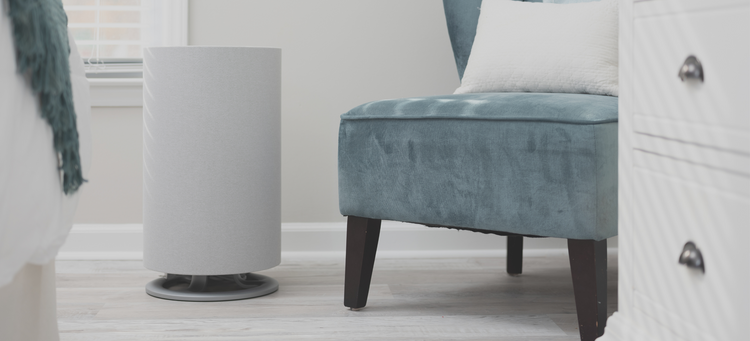Smoke and Asthma
It’s a no-brainer: smoke can cause asthma. For the past several decades, we have been working to reduce the amount of smoke that children are exposed to. But it seems like this was too little too late.
Smoke and Asthma Effects
A new study out last year found that not only does asthma affect smokers’ children, but their grandchildren as well. It’s not the smoke itself but nicotine in the mother’s system during pregnancy.
This exposure limits the development of the lungs in the fetus, resulting in children with asthma. When those children grow up, regardless of whether they smoke or not, their kids are more likely to have similar problems with lung development and asthma.
While smoking-cessation programs and anti-smoking education have helped reduce the overall number of smokers in the United Sates, many young people are still exposed to secondhand smoke. Children exposed to smoke are more likely to visit the doctor or ER, to have their sleep disturbed by wheezing, and to limit their activities due to wheezing.
Despite some very strong efforts up to this point, simple education hasn’t been enough. To protect the public health of the next generation from smoke and asthma, it seems that we must resort to smoke-free laws.
While it may feel harsh, smoke-free laws have already been linked to a large decrease in asthma-related hospital admissions in England, where smoking is prohibited in nearly all public spaces.
In America, comprehensive smoke-free laws have already been enacted in several cities, including New York, Pheonix, Houston, and Detroit. These laws prohibit smoking in all indoor locales, including bars and restaurants. Over 3,000 locales have some form of restrictions on smoking. And the positive benefits have been drastic and rapid.
- 15% decrease in heart attack hospitalizations
- 16% decrease in strokes hospitalizations
- 24% decrease in respiratory, asthma, and COPD hospitalizations
Comprehensive laws, while most controversial, also seem to be the most beneficial. This study’s authors took a strong stance in suggesting that permissive laws and loopholes only send people to the emergency room. Stronger regulation would result in immediate benefits for not just individuals, but the health care system as a whole.
And the research on smoke and asthma seems to show that smoking bans as a whole don’t hurt businesses, although there will always be a few places that are harder hit.
Considering the large decreases in hospitalizations, a simple law could save millions of dollars and thousands (if not hundreds of thousands) of lives a year!
A common solution in homes and office buildings is through the use of a smoke eater. Smoke eaters remove smoke and smoke smell to improve the indoor air quality.
Learn more about the causes of asthma in adults, ozone and asthma, and exercise for asthma.
More educational asthma articles.
– See how texting can help children with asthma







